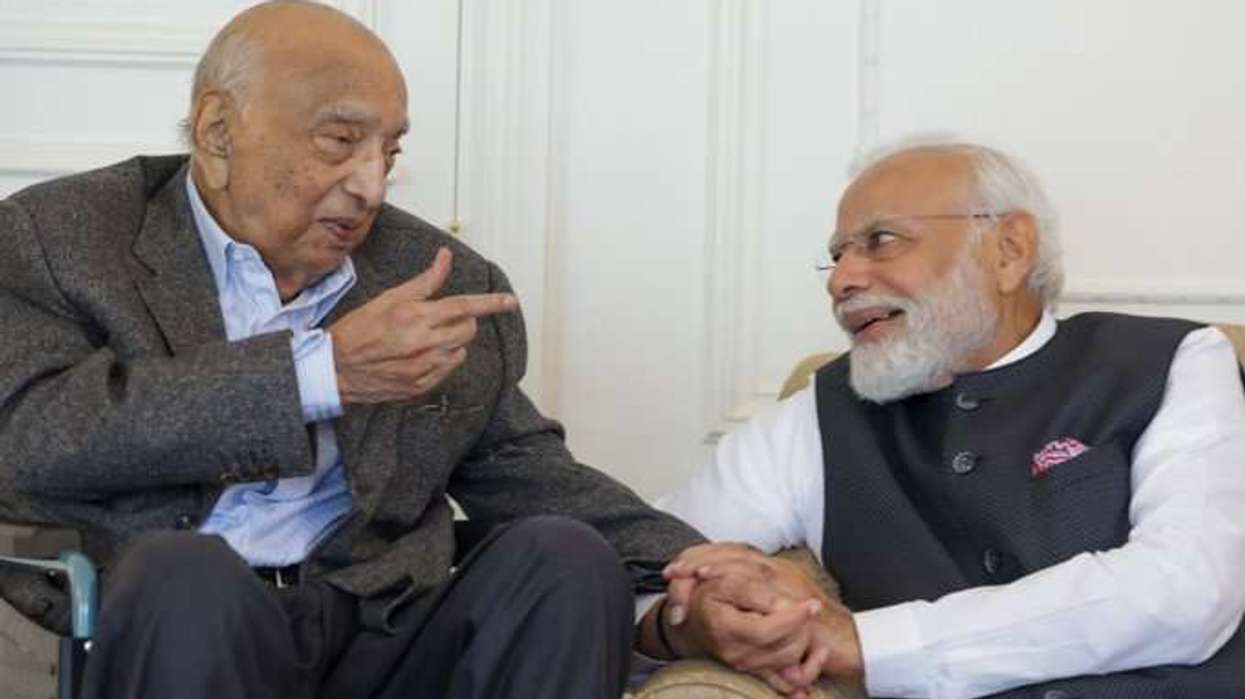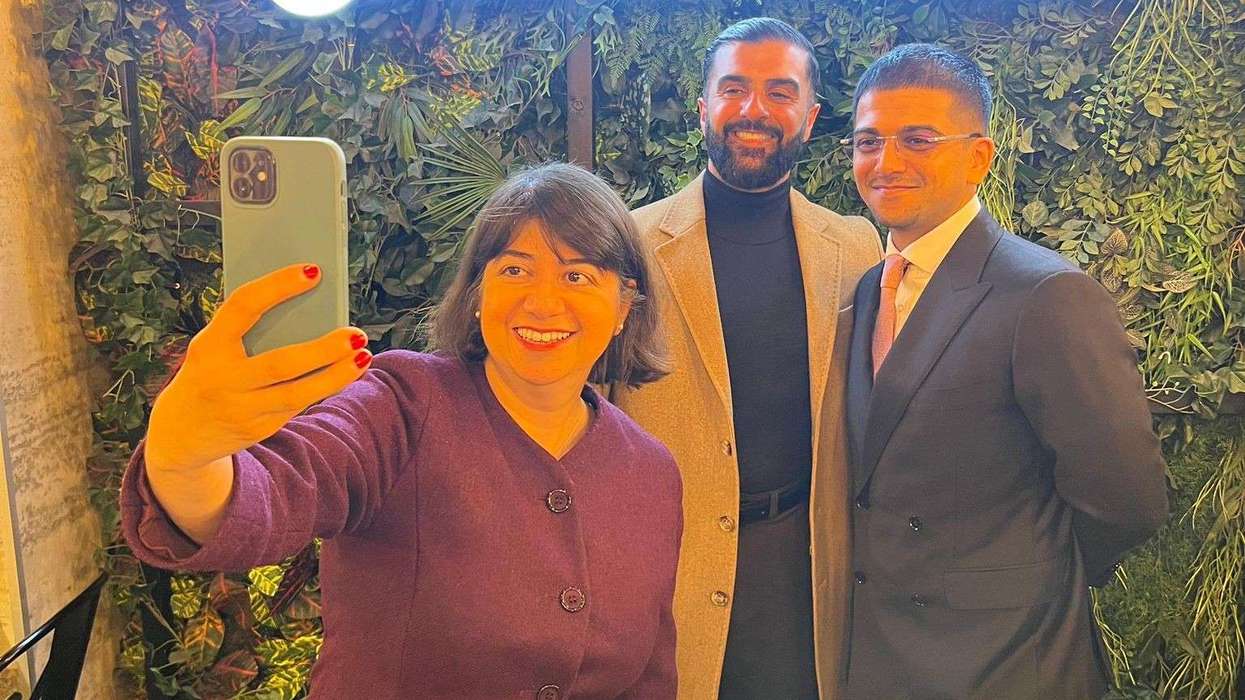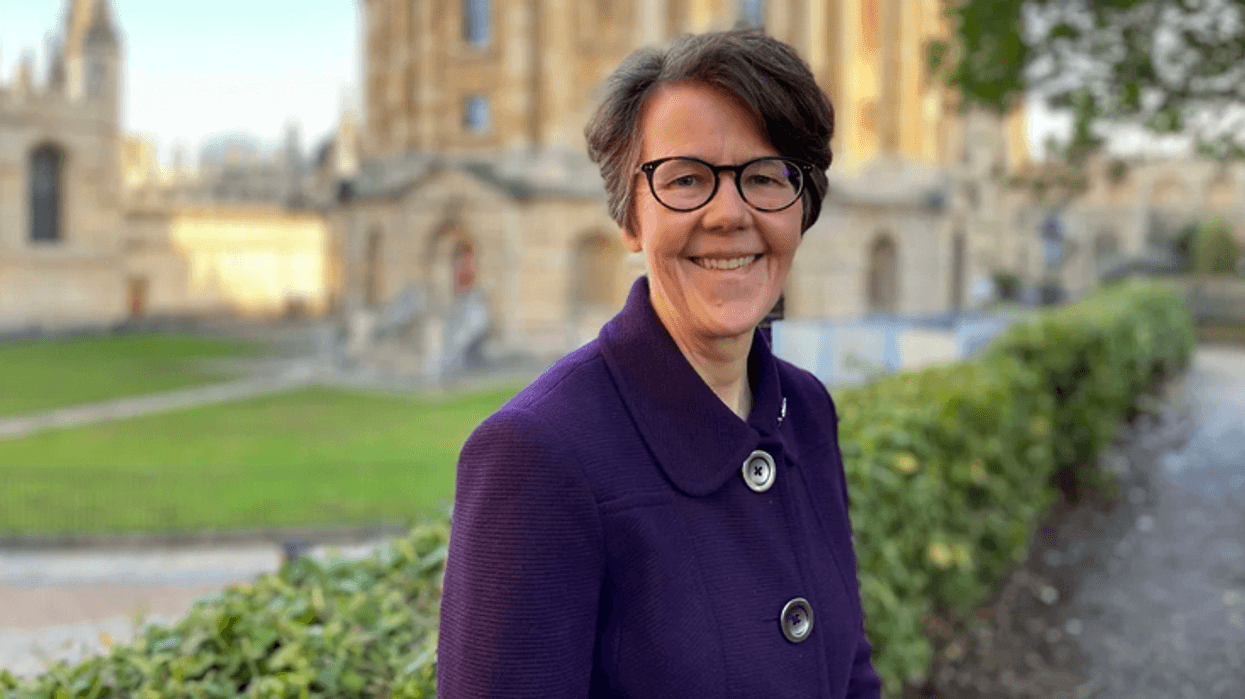UK UNIVERSITIES are among the most prestigious in the world, but visa restrictions mean they are now attracting fewer international students -- taking a heavy toll on their finances.
The restrictions are compounding problems caused by the country's departure from the European Union four years' ago.
Almost 760,000 foreign students were enrolled in British universities in 2022, making Britain the second most popular destination after the US, in a highly competitive market.
Most come from India, then China and Nigeria.
But last year, the number of student visas fell by five per cent. Between July and September, student visa applications slumped 16 per cent compared to the same period last year.
The decline is a major cause of concern for higher education institutions since foreign students pay far more in fees than British students.
Leo Xui, 20 years old and from China, began studying population and health sciences at University College London in September.
"It's good for my career," he said of enrolling abroad. Thinking ahead to when he will return to China, he added: "I will be able to apply for a foreign company."
His fees for the academic year are £31,000. British students attending universities in England have paid a maximum of £9,250 since 2017.
The Labour government, elected in the summer, announced last week that the cap would rise to £9,535 from next year, a move welcomed by universities who have been calling for an increase for years.
Universities UK (UUK), which represents 141 British higher education institutions, warned at its conference in September that funding per student is at its lowest level since 2004.
It estimates that the £9,250 fee is worth less than £6,000 because of inflation, leading to deficits in teaching and research.
"We are all feeling the crunch," UUK president Sally Mapstone told the conference.
Universities have welcomed more foreign students in a bid to fill budget gaps, to the point where many are financially dependent on them.
According to a parliamentary report, foreign students make up more than half the student body at London's University of the Arts and Cranfield University, a science and engineering institute just north of the British capital.
The Financial Times reported earlier this year that some universities, including York, have lowered their admission criteria to attract more students from abroad.
But the previous Tory government, ousted from power in July, complicated the universities' task by imposing restrictions on student visas as it sought to reduce record levels of regular migration.
It forbade foreign students from bringing family members with them, with a few exceptions, and prevented them from switching to work visas while studying.
In the first four months of 2024, there were 30,000 fewer applications from overseas than in the same period in 2023, according to official statistics.
"These hard numbers confirm our fear that the previous government's changes have made the UK a less attractive study destination," said Nick Hillman, director of the Higher Education Policy Institute think-tank.
Provost Ian Dunn of Coventry University, where more than a third of the 30,000 students are from overseas said the Tories' "narrative was very destructive".
The university had already been impacted by Brexit.
"We had 4,400 students from the European Union. Now we're probably at 10 per cent of that," he said, adding that the situation was "difficult".
A lecturer at another English university said that teaching positions as well as courses had been cut.
"The drop in international students has dramatically worsened the crisis for us," she said on condition of anonymity because she was not authorised to talk to the media.
"Some have preferred to go to Canada, Australia or the Netherlands, where courses are taught in English," she added.
Coventry University may have found the answer by partnering with institutions overseas to open campuses in several countries, including Egypt, Morocco, India and China.
At the end of their studies, students may not have set foot in the UK but they still "obtain a degree from Coventry University", said Dunn.
(AFP)





